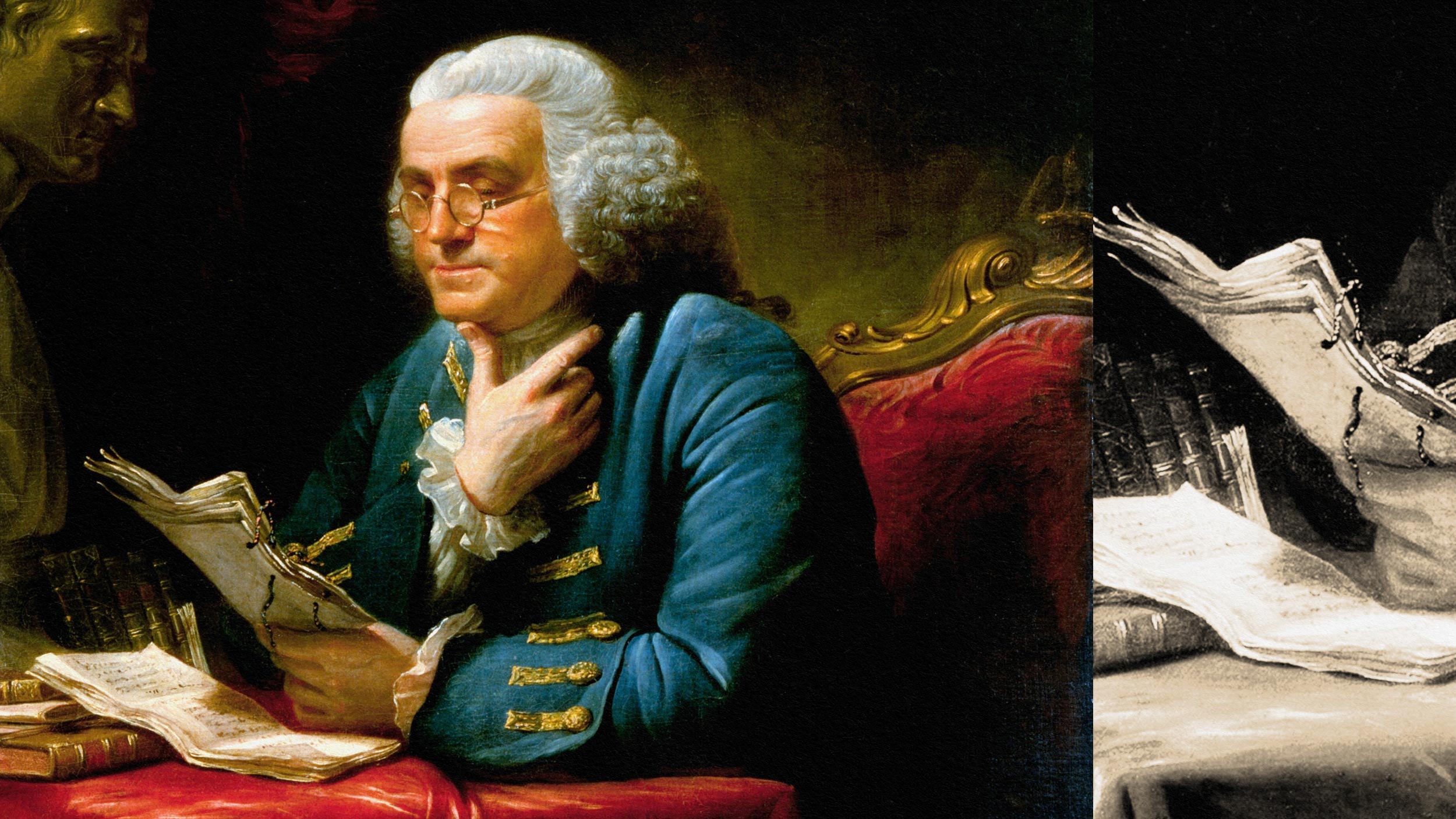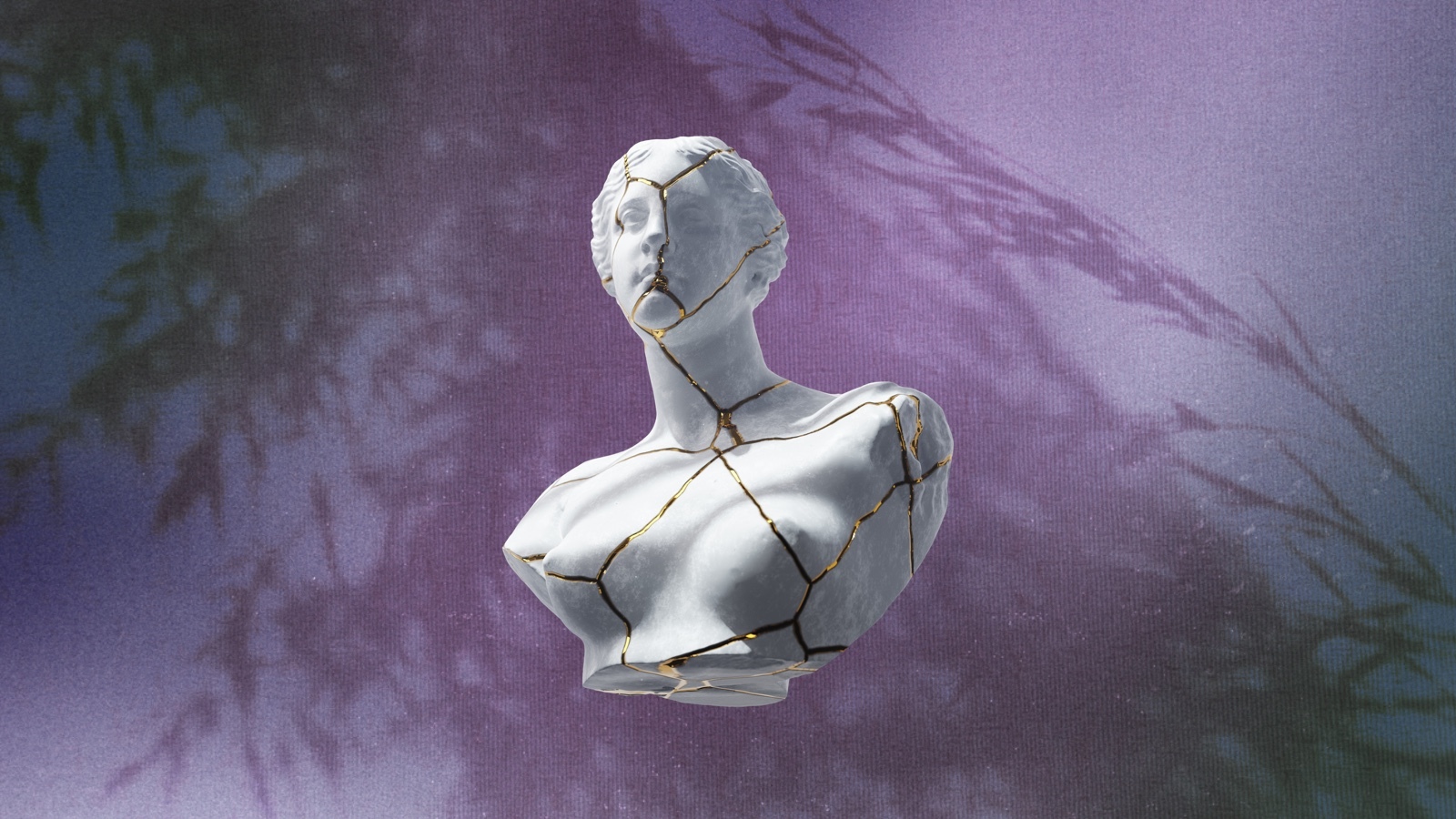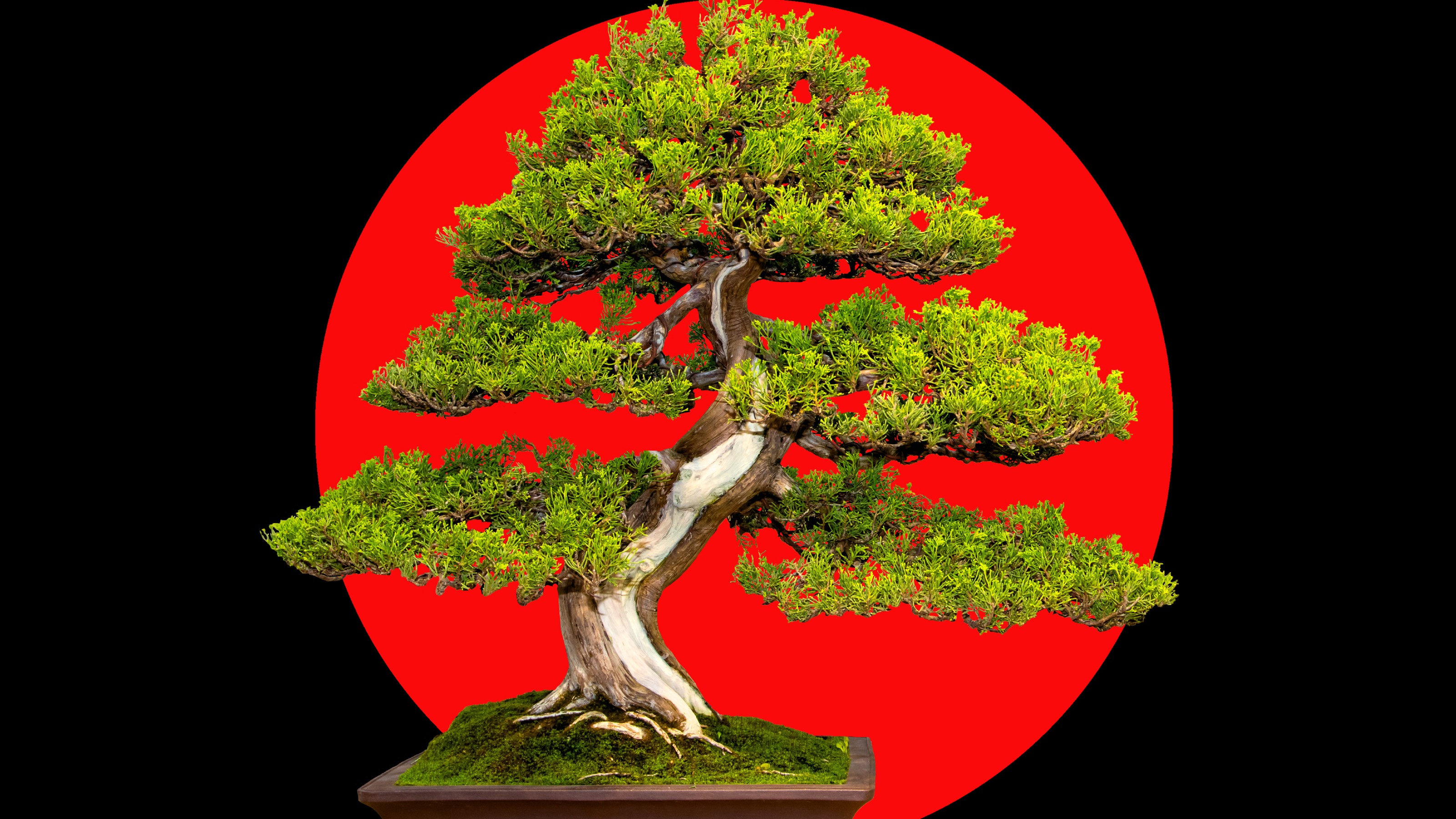The one thing the 1980s got right: The “Slow Movement” philosophy

- In 1986, Carlo Petrini, angry at a new McDonald’s in the center of Rome, gave birth to the Slow Movement.
- Slow has a long philosophical pedigree, from Daoism to Descartes. It’s also a big aspect of Japanese aesthetic culture.
- Slow eating, slow culture, and slow friendships are three ways that you can benefit from more slowness in life.
Zootopia is a fun movie. It’s not a genre-breaking, Oscar-winning masterpiece, but it’s a good way to spend a couple hours.
One of the most enjoyable moments in the movie comes when the protagonists visit your typical state-run bureaucracy, like a licensing or passport office. The desks are entirely run by sloths. The film artfully drags out the loooooooong, sloooooooow movements of the sloth. The movie’s hero taps the desk impatiently, desperately tries to interrupt, and is frantically keen to speed things up — to no avail. Sloth’s gonna sloth, and thus they carry on in their maddeningly slow, deliberate way.
But do you know what? It feels good to be a sloth.
A few years after I watched Zootopia, a good friend of mine, his tongue loosened by Dutch courage and Dutch lager, said to me: “Can I tell you something? Whenever I feel stressed or worried, I pretend to be a sloth.”
“Err, what?”
“Like, I do things really, really slowly. Like this.” He proceeded to demonstrate just how painfully slowly he could move. He turned his head like a turtle. He gave long blinks as if he were exhausted.
Whenever a close friend admits something like this, it’s only a matter of time before you try it yourself. And, the amazing thing is this: He’s right, it works.
The Slow Movement
In the 1980s, the “Slow Movement” became a cultural fad. It all began when McDonald’s misjudged just how seriously the Italians take their food. As unfathomable as it is today, in 1986, McDonald’s hadn’t made its way into much of Europe. Not everyone was in love with the idea.
One protester in 1986 was a man named Carlo Petrini who, with a group of activists, were inspired by the moment to start the “Slow Food” movement. The movement promised to eat and shop local, to give fair pay to producers, and to encourage high-quality, old-fashioned dining. Slow Food was such a success that it soon sprouted all sorts of subcultures: Slow Fashion (in which you buy fewer, better items and mend clothes rather than throw them away), Slow Gardening (in which you smell, stroke, and are more aware of your plants), and even Slow Parenting (in which you don’t organize activities but just watch your child invent fun).
In recent years, the Slow Movement’s popularity was rejuvenated by Carl Honoré’s 2004 book In Praise of Slow. His principle thesis was that only when we slow down and give things space can things grow. Fussing and busying about rarely makes things deeper. As he wrote, “The great benefit of slowing down is reclaiming the time and tranquillity to make meaningful connections — with people, with culture, with work, with nature, with our own bodies and minds.”
The philosophy of slow
Philosophically, “slow” has a long history. Socrates and Aristotle would philosophize best when on long walks. Descartes famously locked himself in a dark room just to think. Henry Thoreau wrote extensively about the need for long, rambling saunters in the woods. Siddhartha Gautama (the Buddha) meditated for six months (by some accounts) before he discovered his Four Noble Truths. In Daoism, only the slow and deliberate can be called virtuous, or a sage.
In Japanese philosophy and aesthetics, there is a concept known as ma, which is often translated as “empty space.” It’s the room that you give something for it to flourish. For a tree to be healthy and strong, it needs empty soil into which it can root. For a bird to fly, it needs enough air to flap and thrust upward. Even the words in this sentence only make sense because of the space between them. Ma is a Japanese slowness that lets things breathe a bit and allows for that deepening that all meaningful things need.
Be more sloth
So, how can we apply the Slow Movement to our daily lives? How can we be more sloth? Here are three ways you can give it a go.
Slow eating. When you take a mouthful, make sure that you are very deliberate in your chewing. Be aware of what and how you’re eating. Obviously, this isn’t easy when you’re having a conversation (and might get you funny looks), but try it when you have space to. As one 2019 study showed, not only are the flavors enhanced and the meal made more enjoyable, but you’re likely to stay fuller for longer and to eat less afterward.
Slow culture. I love reading. I can’t go more than a week without reading at least some of a book. But I rarely read a book twice. Yet, a lot of books — especially great or classic books — never can be fully appreciated on the first run. The few books I have read more than once have been entirely different. Not only am I, the reader, different, but I inevitably miss bits. Try re-reading a book or re-watching a movie. Try to enjoy it differently.
Slow friendships. As you get older, you often find that you have less time with your friends. The time you do have is spent in catching up or talking about important, adult things. Yet, the curious thing is that our best friendships are forged in slow moments of downtime. They’re with the classmates we saw everyday, five days a week, for years. They’re the college housemates we went partying with, ate breakfast with, and watched that rubbish soap opera with. If we are not slow with people, we cannot get close to them.
In a YOLO, “Just Do It!”, and 24/7 world, there’s little room for slow. Like the sloths in Zootopia, slow has become peculiar, eccentric, and irritating. It’s a thing of the elderly and the odd. But give it a shot. Pretend to be a sloth, away from judging eyes, and see how it feels. I bet you enjoy it, just a bit.
Jonny Thomson teaches philosophy in Oxford. He runs a popular account called Mini Philosophy and his first book is Mini Philosophy: A Small Book of Big Ideas.





